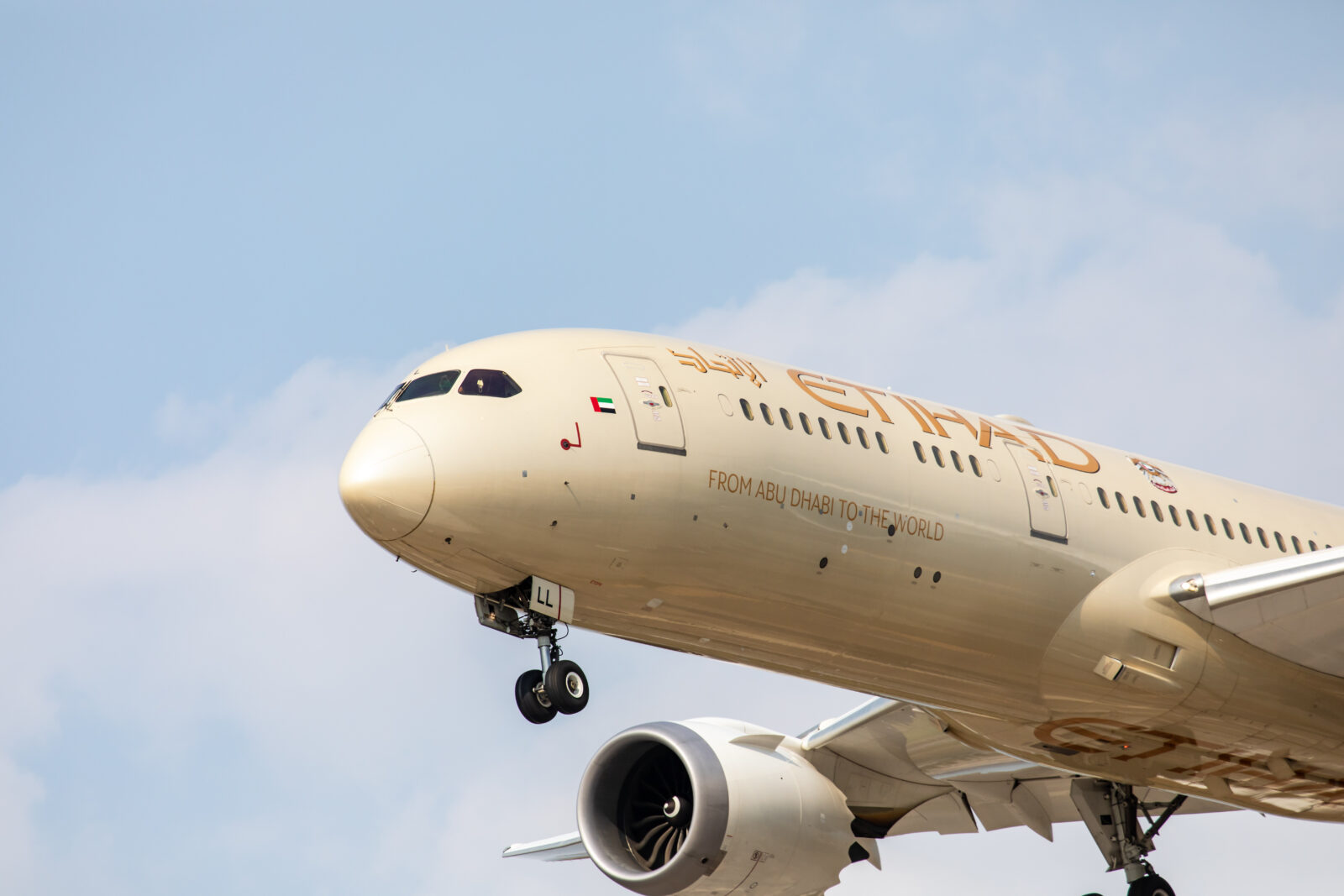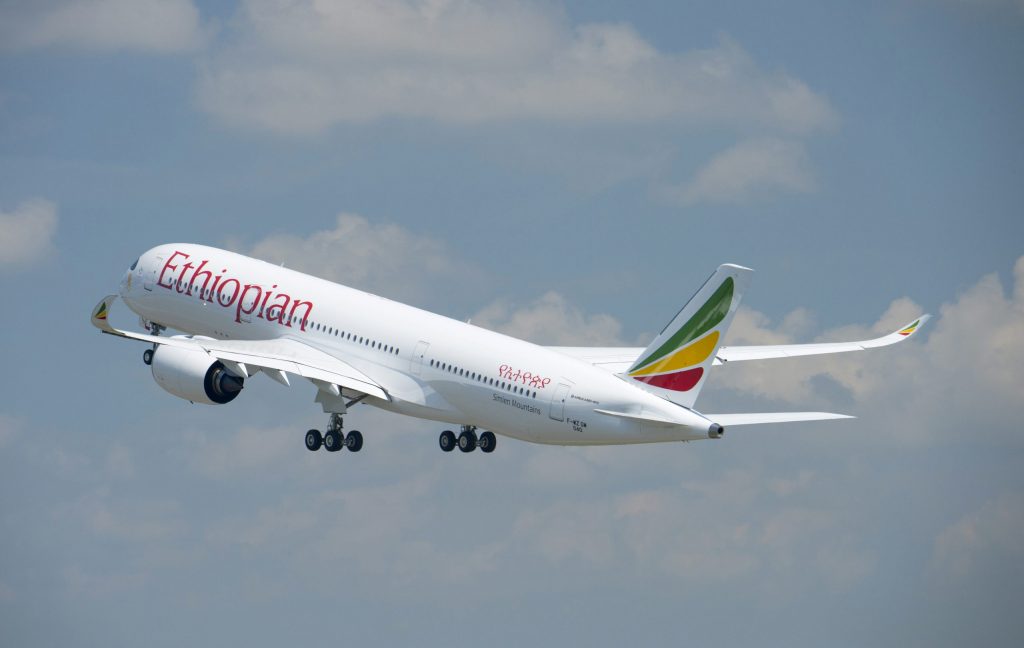Two Foreign Airlines Have Been Slapped With $825,000 in Fines By The DOT For Flying Through Prohibited Airspace
- Etihad Airways said it accidentally starting routing flights through Iraqi airspace in violation of FAA rules due to a 'loss of institutional knowledge' when experienced workers left the airline during a major business restructuring

Etihad Airways and Ethiopian Airlines have been slapped with $825,000 in fines by the US Department of Transportation after they flew through prohibited airspace on multiple occasions, even after they had been told to stop.
Foreign carriers are, of course, normally only have to follow the rules set by their respective national aviation regulators and are free to choose whatever routing they feel is most appropriate.

In these two cases, however, both Etihad and Ethiopian Airlines had entered into a codeshare agreement with JetBlue and United Airlines. Specific flights operated by these two airlines carried either the JetBlue ‘B6’ or United Airlines ‘UA’ designator codes.
Under US laws covering codeshare agreements, foreign airlines must not fly in airspace restricted by the Federal Aviation Administration (FAA) when they are carrying the code of a US-based airline and could face penalties if they breach these rules.
In the case of Etihad Airways, the DOT’s Office of Aviation Consumer Protection opened an investigation in late 2022 after it was alerted to the fact that the Abu Dhabi-based carrier had been flying through Iraqi airspace while carrying the B6 designator code.
Etihad Airways operated multiple codeshare flights through Iraqi airspace between August and September 2022, even though the airline should have been aware that the FAA issued a so-called Notice to Air Missions (NOTAM) two years earlier, banning US carriers flying in the airspace around Baghdad.
The DOT informed Etihad of the ‘problematic conduct’ on two separate occasions in September and November 2022, but just a couple of months later, Etihad again operated several codeshare flights through the prohibited area.
In its defense, Etihad said that it started routing codeshare flights through prohibited airspace because so many experienced workers left the airline during a major restructuring and then the pandemic that it resulted in a “loss of institutional knowledge.”
Etihad claims the corrective action it took to address the DOT’s concerns added 40 minutes of flight time to some services and that the second wave of alleged violations only occurred because of air traffic control restrictions imposed as a result of bad weather or turbulence.
To avoid a potential lawsuit, and without admitting or denying liability, Etihad has agreed to enter into a consent order with the DOT, in which it will be fined $400,000 for violating the conditions of its codeshare authorization with JetBlue.
Etihad will, however, only have to pay half up front, and the other $200,000 will only become payable if further violations are alleged.
Meanwhile, Ethiopian Airlines operated a “significant number” of codeshare flights with United Airlines through prohibited Somali airspace between February 2020 and December 2022.
One of these flights even took place after the DOT had written Ethiopian Airlines, telling the carrier to stop.
Ethiopian Airlines said the violations occurred when its planes were sometimes cleared to land on a specific runway at Djibouti airport, which required the pilots to fly through Somali airspace at low altitudes.
The airline insisted that the flight plans were only ever changed by local air traffic control and “entirely for safety reasons.”
Nonetheless, the DOT concluded that the violations warranted a fine of $425,000. Ethiopian Airlines agreed to a consent order with the DOT without admitting or denying liability. The airline will only be required to pay $212,500 of the total fine.
Both fines are small fry compared to the $1.8 million penalty that Emirates was slapped with in June for operating 122 US-bound flights that were routed straight through Iraqi airspace between December 2021 and August 2022.
At the time, Emirates was also operating these flights as codeshare services with JetBlue and was carrying the B6 code. Emirates said it had every intention of operating these flights at an altitude permitted by the FAA but that local air traffic controllers ordered it pilots to fly at a lower altitude.
Related
Mateusz Maszczynski honed his skills as an international flight attendant at the most prominent airline in the Middle East and has been flying ever since... most recently for a well known European airline. Matt is passionate about the aviation industry and has become an expert in passenger experience and human-centric stories. Always keeping an ear close to the ground, Matt's industry insights, analysis and news coverage is frequently relied upon by some of the biggest names in journalism.








“Unable”
“experienced workers left the airline during a major restructuring“ basically PR-speak for laying off experienced people to cut costs.